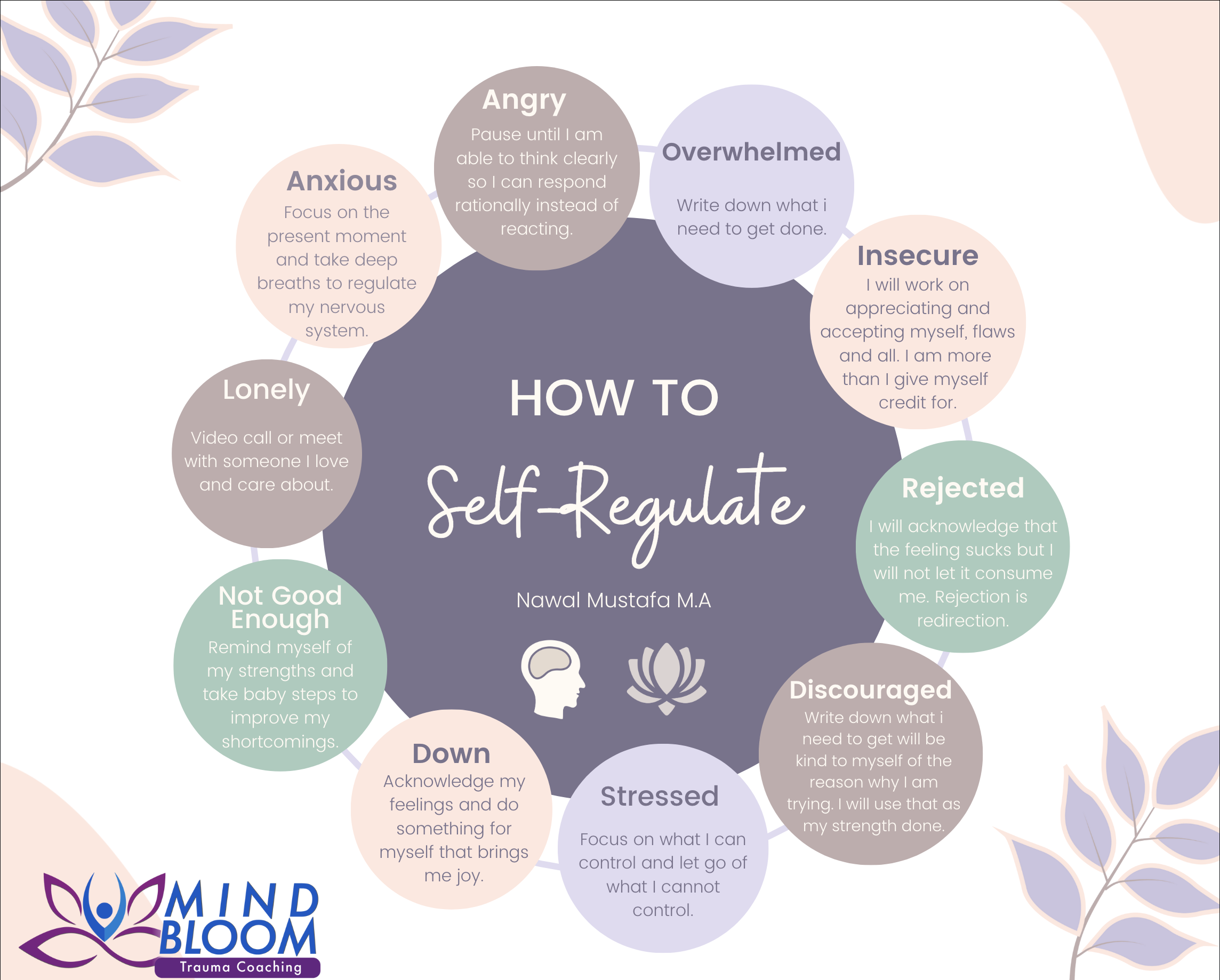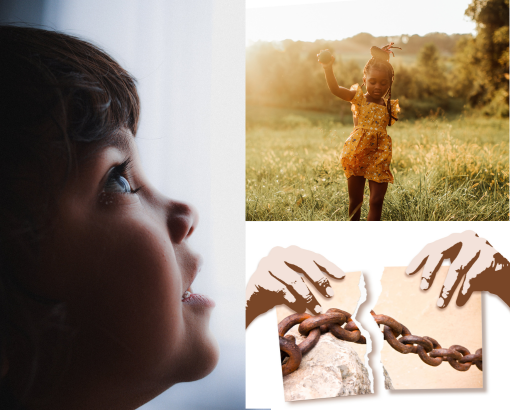
Reflecting on my life, I realise that the ability to express myself freely was something that did not always come easy. Growing up, societal norms and expectations often dictated what was considered acceptable behaviour, limiting my self-expression. This constraint carried over to expressing emotions, where vulnerability was perceived as being disrespectful. This suppression resulted in a struggle to communicate feelings openly and honestly. Similarly, the ability to choose my own path was hindered by predefined roles and responsibilities, often leaving little room for personal ambitions and exploration. Lastly, the fear of making mistakes was profound, as errors were not merely seen as learning opportunities but as failures to meet certain standards. These four aspects, while integral to my development, became sources of internal conflict and trauma, shaping the way I navigated life and understood myself.
Fear became a constant companion, weaving itself into the fabric of my everyday life. The fear of disappointing my parents loomed large, as their approval seemed contingent on meeting their high expectations and fulfilling the roles cast by tradition. This pressure was compounded by the fear of failure—the idea of not living up to the ideals set forth was terrifying, threatening to unravel the delicate balance I tried to maintain. Social situations brought their own anxieties, where fear of being around people and not fitting in created an isolating barricade. This pervasive fear left little room for joy or self-discovery, instead wrapping itself around every action and thought, creating an internal world of uncertainty and hesitation.
My social life was non-existent, as predators smelled my insecurities, and by the age of 16, I had had a sexual assault and many other people had attempted to do so too. My uncle had sexually assaulted me at the age of 6, my dad’s friend also attempted to sexually assault me at the age of 14, and a male I befriended on the street while seeking connection tried to do the same, but I managed to escape. These traumatic experiences reinforced my feelings of isolation and fear, making it challenging to trust anyone or build meaningful relationships. The weight of this abuse further deepened my internal conflict and created a profound impact on my sense of self-worth and safety in the world. The fear of being blamed made it difficult for me to openly share my experiences, burdening me as I kept the terrible things that happened to me to myself.
Never having been encouraged to express my anger and frustration, my emotions bubbled over, and at the age of 18, I had a chance to stand up for myself after many years of being polite and submissive to other people’s needs. This led to an unhealthy approach to conflict resolution. I adopted a passive-aggressive style of addressing issues, which made me increasingly rude in my interactions with others. This approach was a misguided attempt to protect myself from further abuse and disappointment. By detaching emotionally, I thought I was safeguarding my heart, yet this behaviour only further alienated me from those around me, limiting my ability to form genuine connections and creating barriers to resolving conflicts in a healthy manner.
I write this because most of us, the African children who live in Africa and abroad, are seeking relief from the emotional pain we don’t really know where it is coming from. We often feel trapped by invisible chains of expectations and cultural norms, struggling to reconcile our own desires with external pressures. We often search for validation and understanding, yearning for a space where we can be heard without judgement or fear. Sadly, this has led to the increase in drug use among the youths as a response to unresolved childhood trauma, further complicating their emotional struggles.
During a conversation with my mother about the pain of my childhood, she once said, “You are who you are because of me.” This response was deeply hurtful and caused me significant distress, as I believe I have become who I am despite her upbringing, not because of it.
In conclusion, most of the African child’s plight is fundamentally rooted in every child’s basic need for love and understanding. We yearn for an environment where our individuality is cherished and nurtured, free from judgement and entrenched cultural expectations. When such needs are unmet, they become shadows haunting every aspect of our lives, propelling a cycle of emotional distress and isolation. By recognising these needs and addressing them with compassion and support, a path can be forged toward healing and empowerment, enabling African children to thrive and reclaim their narratives with strength and resilience. Join me on this journey. Together, we can work towards emotional well-being, one step at a time.






